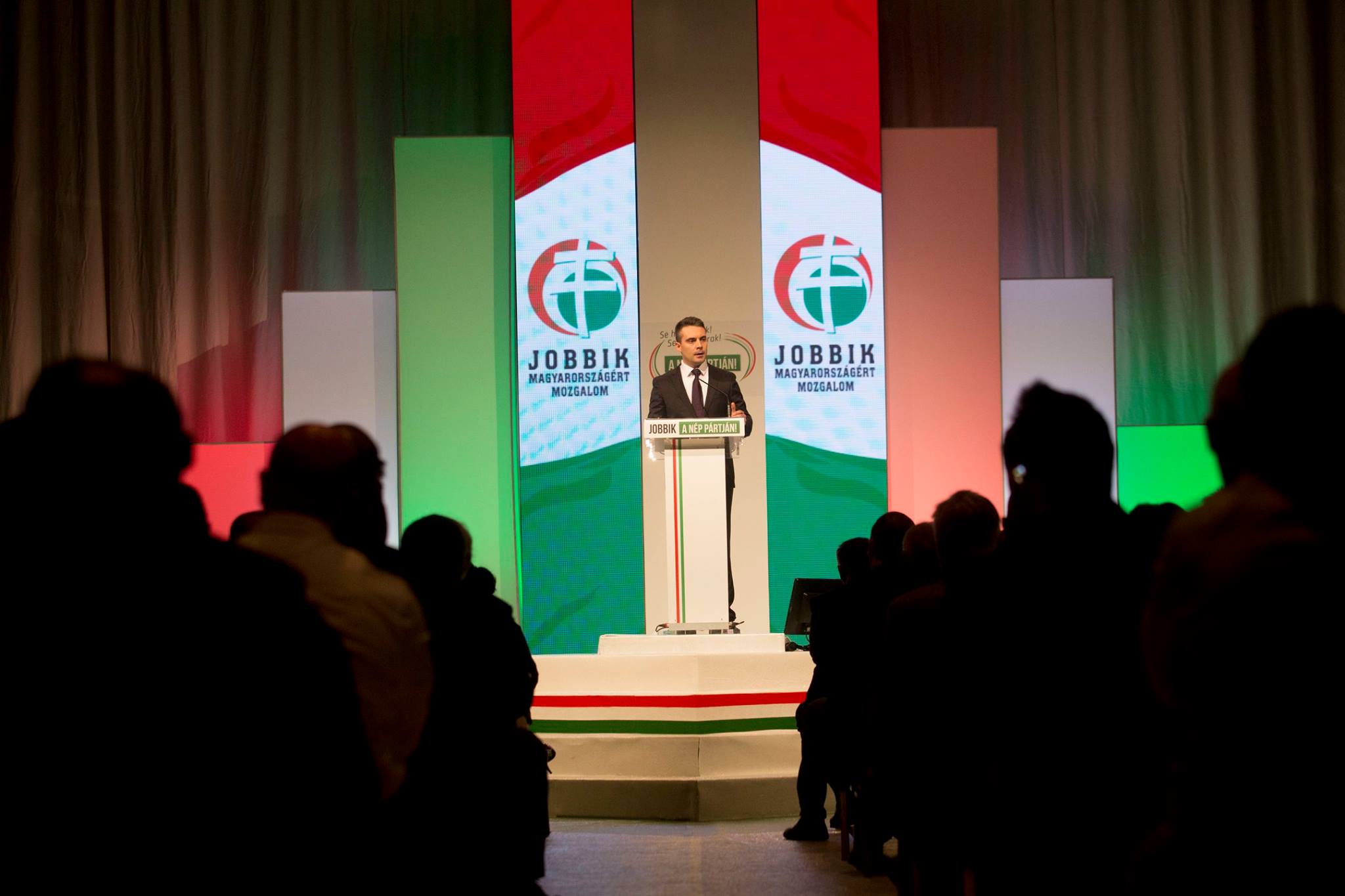Czechia – Outgoing President Miloš Zeman won the Czech presidential election and starts a new five-year term. The 73-year-old Czech politician and economist, strongly anti-immigration, could initiate with the new Prime Minister Babiš a new period of political stability in the country, especially regarding the opposition to the migration policy of Brussels.
With 51.5% of the votes, Miloš Zeman won the second round of presidential elections. His opponent, Jiří Drahoš, a globalist candidate, was supported by the seven other unfortunate candidates of the first round. Jiří Drahoš conceded today his defeat.
Candidate of the system against the indomitable Miloš Zeman, high hopes were on Jiří Drahoš, a few months after the election of populist and independent billionaire Andrej Babiš. Drahoš, very involved in the integration of the Czech Republic into NATO, pro-EU, considering Russia as a threat, favorable to the adoption of children by homosexual couples, recalcitrant about Chinese investments, appears on many subjects like the exact opposite of Miloš Zeman. Miloš Zeman does not hide his sympathies for Vladimir Putin and this gave Jiří Drahoš the opportunity to declare that the Russian secret service wanted to see the incumbent President re-elected.
On the issue of migration, Drahoš said he was in favor of better immigration control, where Zeman decreed the incompatibility between Middle Eastern and African immigrants on the one hand, and Europeans on the other.
The Czechs have in any case chosen to entrust once again Miloš Zeman with the presidency, who promised to carry out a mandate “more respectful of others”, referring to some provocative outings.
In fruitful cooperation with the Prime Minister Babiš, also frontally opposed to mass immigration from outside Europe, Czechia could finally regain political stability after several complicated months. However, the Czech Prime Minister is not yet assured of being able to govern as he sees fit because of accusations that he has misappropriated European funds.
Following the Visegrád Group summit held in Budapest on January 26, it was also noted that Zeman’s re-election as president and Babiš’s governance could significantly strengthen the Visegrád group because of a greater involvement of Czechia.




